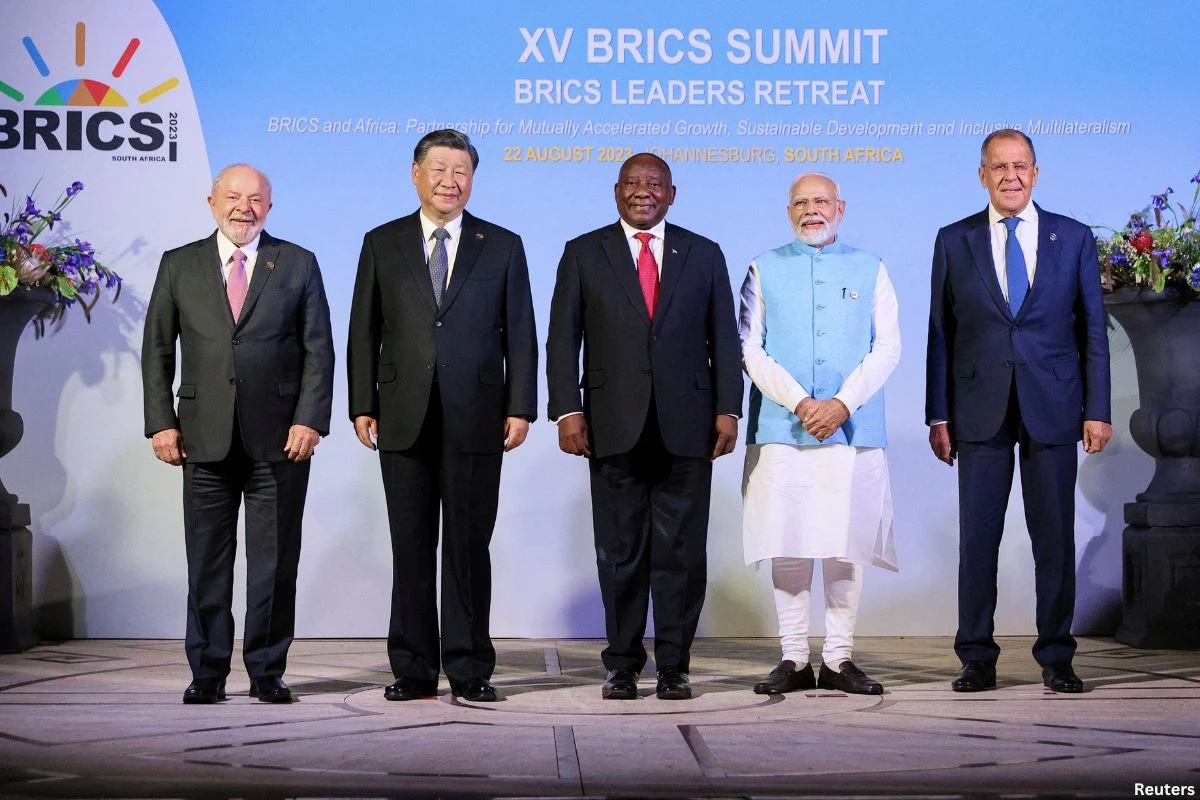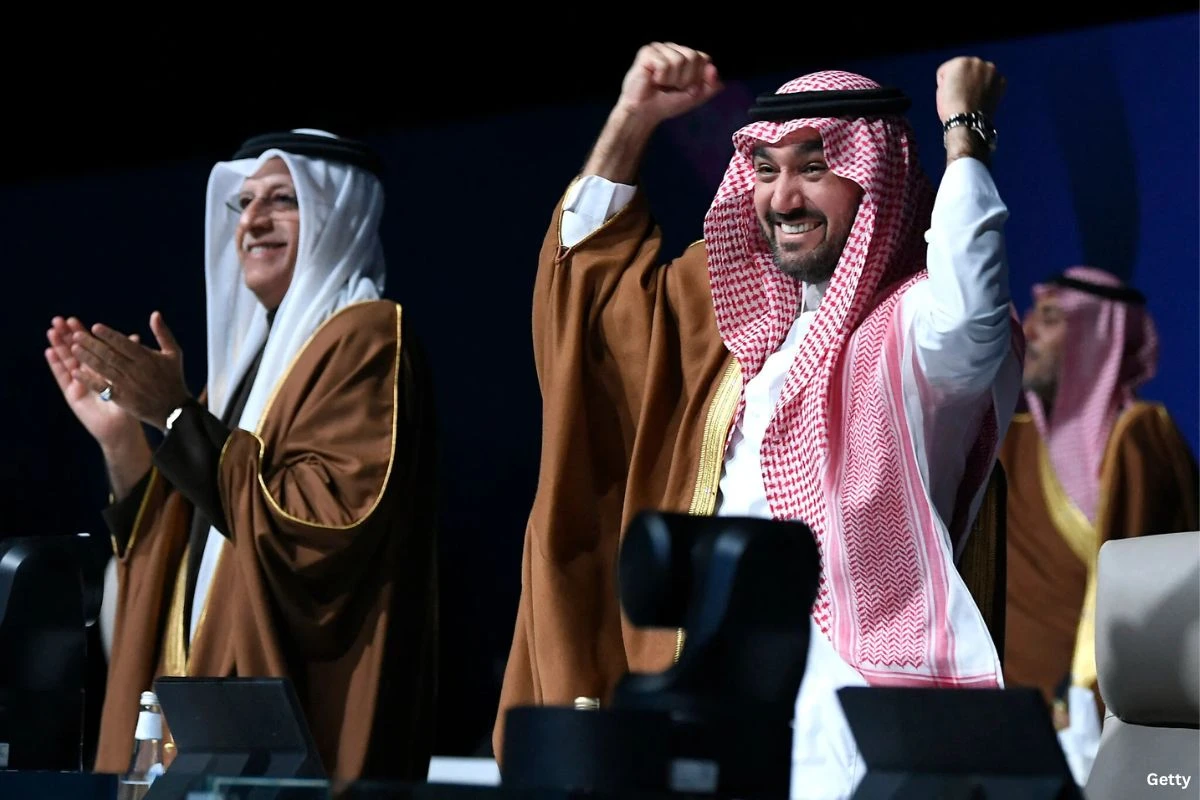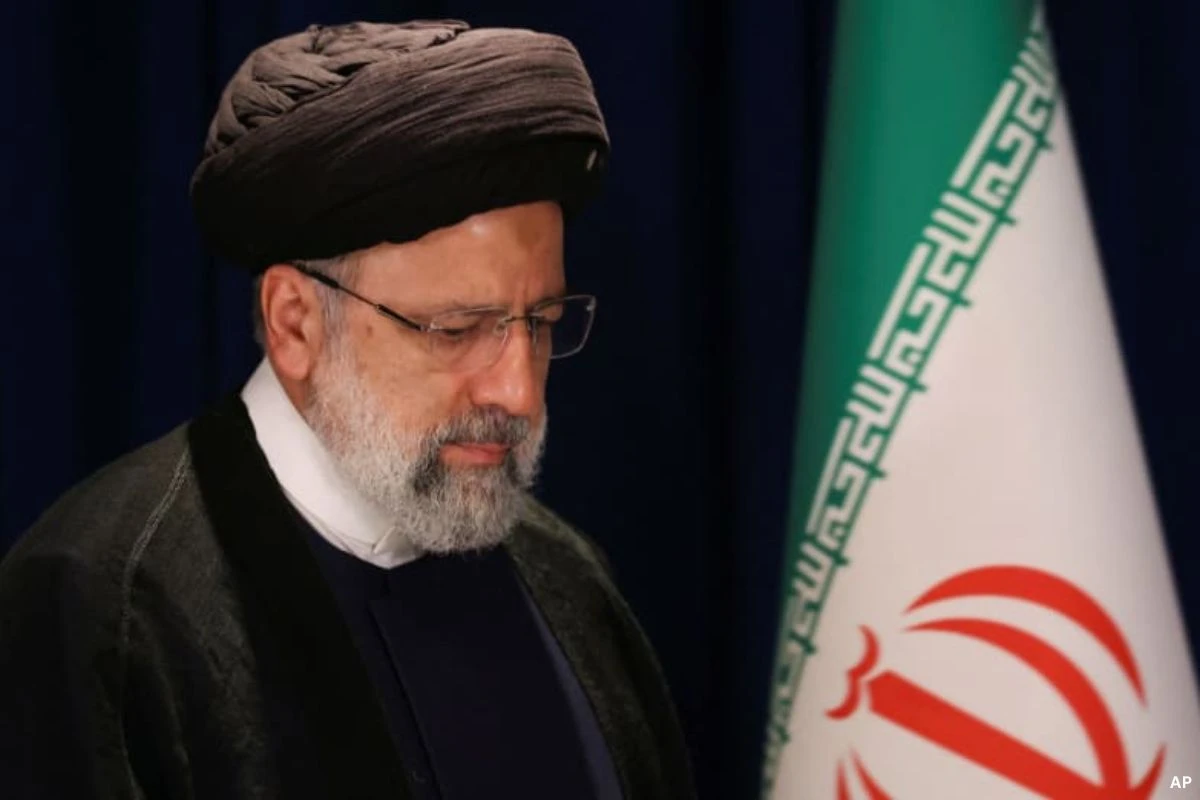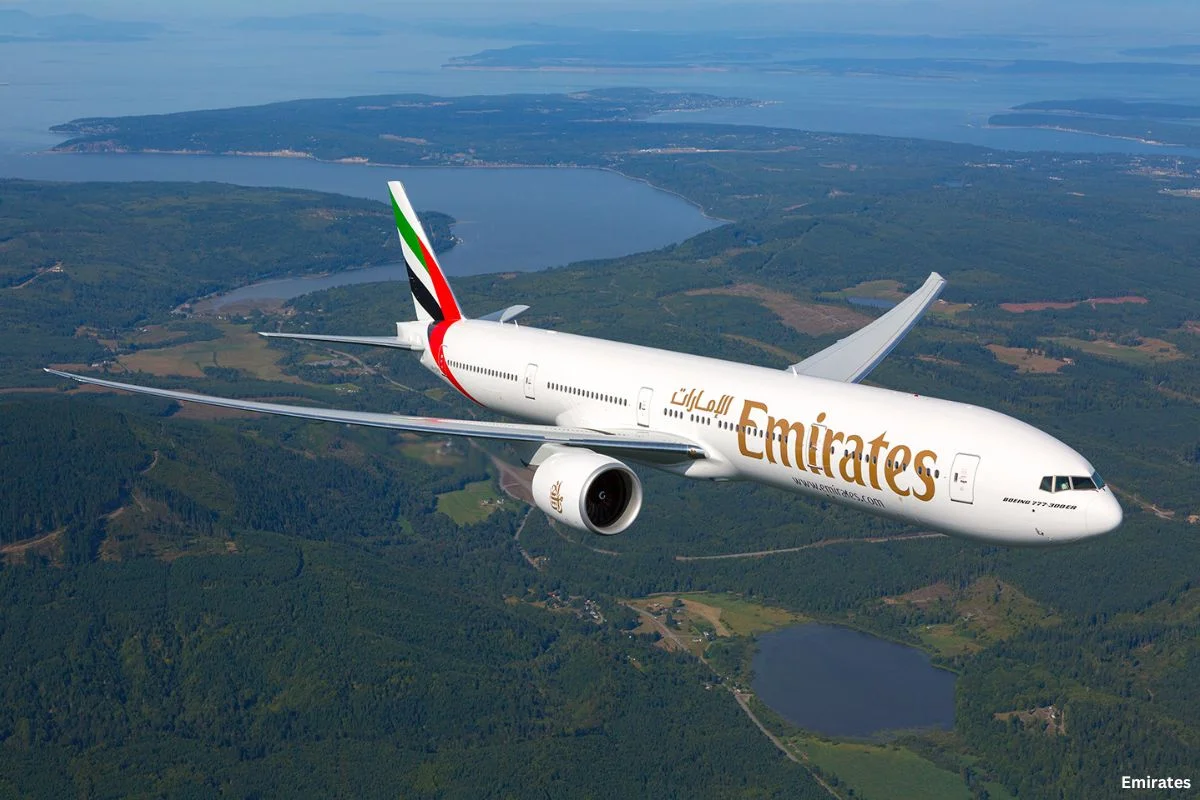Johannesburg, South Africa — The BRICS bloc, comprising Brazil, Russia, India, China, and South Africa, has taken a historic step by approving the admission of six new members: Saudi Arabia, Iran, Ethiopia, Egypt, Argentina, and the United Arab Emirates. This significant expansion, the first in 13 years for BRICS, aims to reconfigure what it sees as an outdated global order and create a more inclusive platform for developing nations.
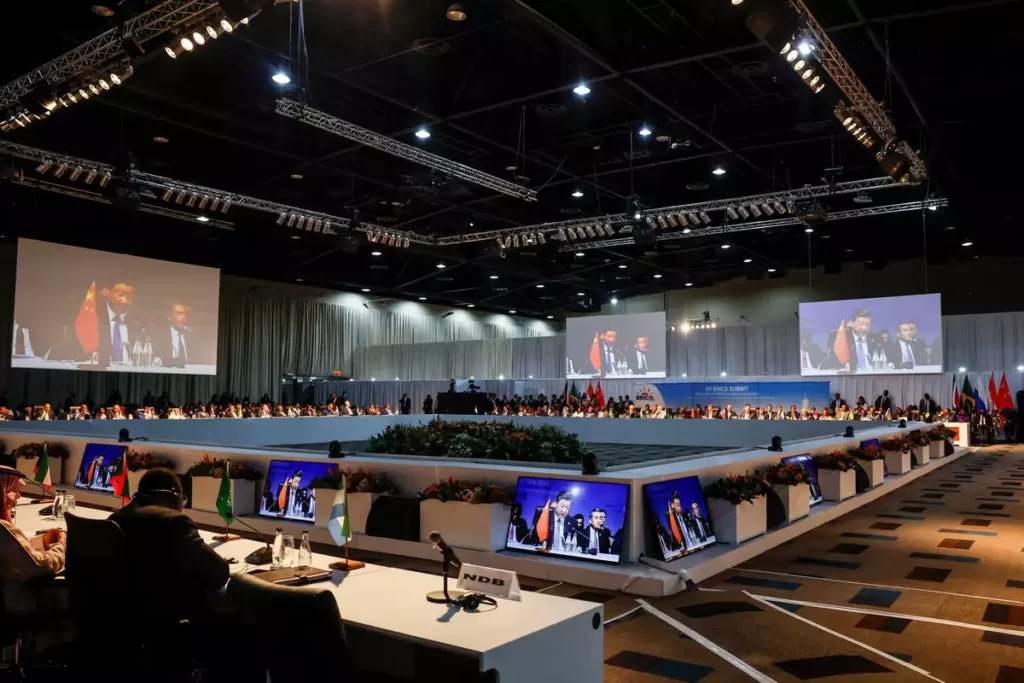
BRICS leaders have emphasized that this decision opens the door for future enlargement, with numerous countries expressing interest in joining a collective that they perceive as a potential equalizer in the global arena. The inclusion of these new nations amplifies the economic prowess of BRICS and aligns with its ambition to champion the interests of the Global South.
While this expansion strengthens BRICS’ potential to reshape the global balance, inherent tensions might persist between member nations advocating for the bloc’s consolidation as a counterweight to Western influence and those who maintain close relationships with the United States and Europe.
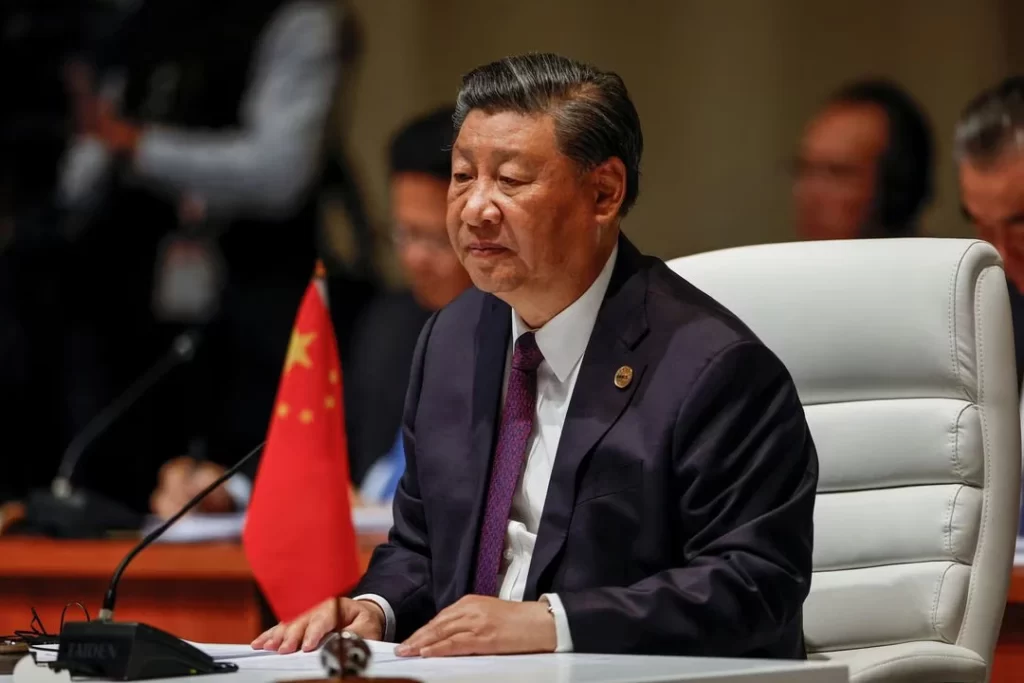
Chinese President Xi Jinping, a proponent of enlargement within BRICS, stated, “This membership expansion is historic. It shows the determination of BRICS countries for unity and cooperation with the broader developing countries.”
The BRICS bloc originated as an informal gathering in 2001, and its formal establishment took place in 2009, followed by the inclusion of South Africa in 2010. The newly invited nations will officially join on January 1, 2024.
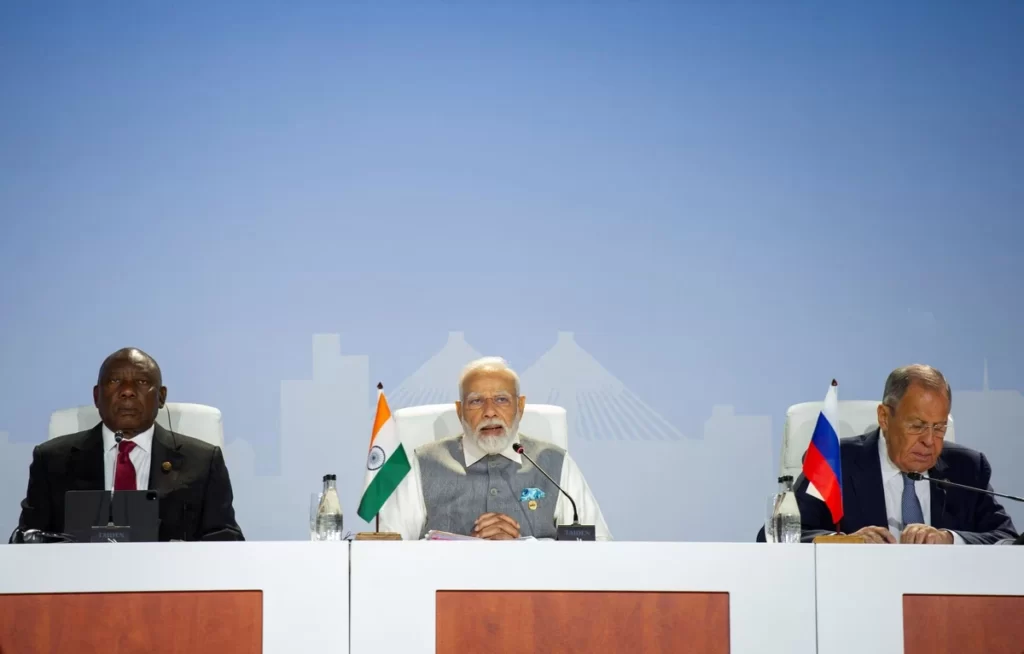
South African President Cyril Ramaphosa, hosting the leaders’ summit in Johannesburg where the expansion was announced, highlighted the milestone: “BRICS has embarked on a new chapter in its effort to build a world that is fair, a world that is just, a world that is also inclusive and prosperous.”
The decision to include these specific nations reflects the interests and aspirations of existing BRICS members to create stronger alliances. Brazil, for instance, played a significant role in advocating for Argentina’s inclusion, given their geographical proximity. Egypt’s commercial ties with Russia and India have similarly influenced its selection.
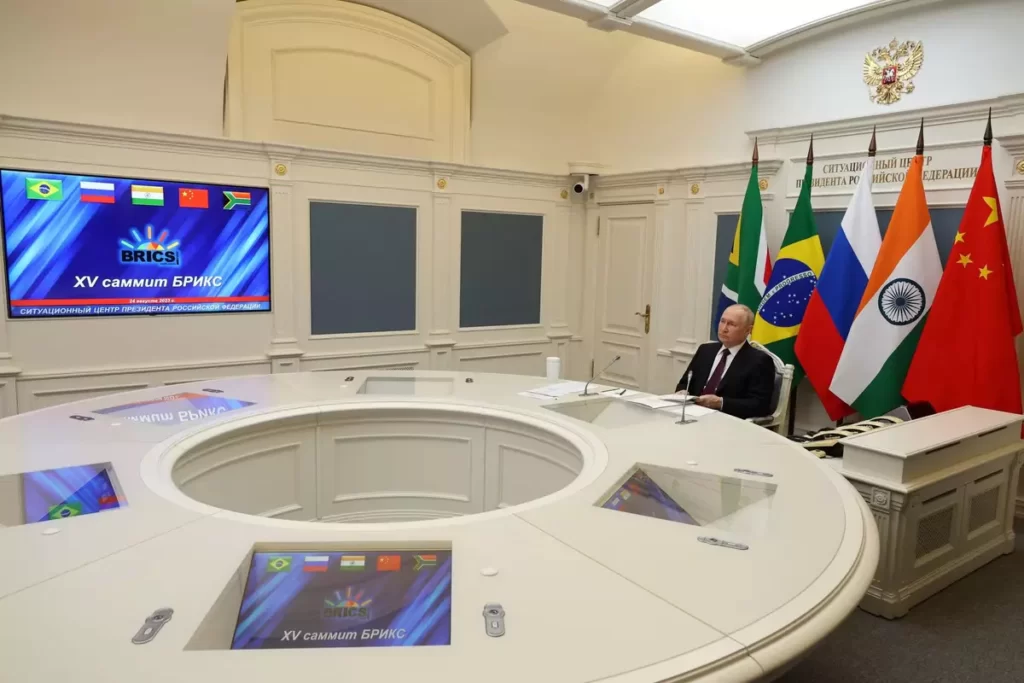
The addition of Saudi Arabia and the UAE, both prominent oil-producing nations, reflects their strategic shift away from traditional alliances and their pursuit of greater global influence. Meanwhile, Russia and Iran’s shared stance against U.S.-led sanctions and diplomatic isolation has fostered deeper economic ties.
While BRICS seeks to diversify global governance structures and advocate for reforms within institutions like the U.N. Security Council, the International Monetary Fund, and the World Bank, it also grapples with internal complexities. The economic disparities and divergent foreign policy goals among member nations have historically posed challenges to achieving consensus.
Despite these challenges, the expansion of BRICS marks a substantial step toward a more inclusive global platform, one that aims to address the evolving power dynamics of the modern world while fostering unity and cooperation among developing nations.
